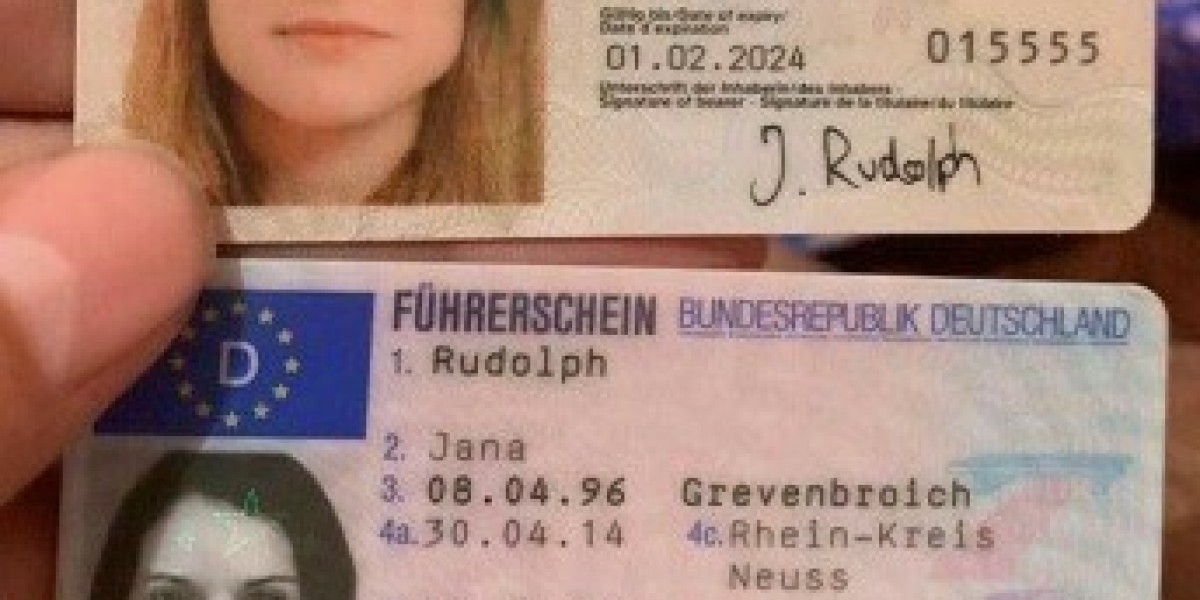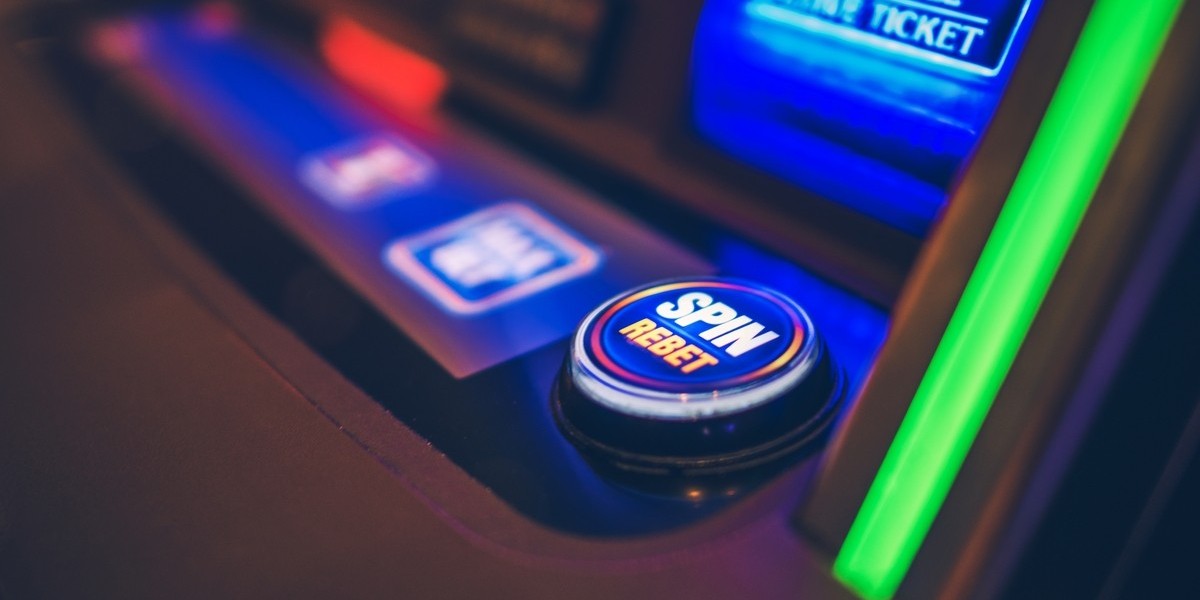Navigating the Process: How to Legally Obtain a Driving License in Germany
Germany, known for its effective public transport and expansive network of Autobahns, provides both residents and visitors the chance to check out the nation by car. Nevertheless, acquiring a driving license in Germany can be a complex and in some cases daunting process, particularly for those not familiar with the German governmental system. For individuals aiming to drive legally and safely in Germany, comprehending the requirements, treatments, and nuances of the licensing process is important. This post provides an extensive guide to lawfully acquiring a driving license in Germany, including essential steps, frequently asked questions, and useful suggestions.
Comprehending the German Driving License System
In Germany, the driving license system is governed by the Fahrerlaubnisgesetz (Driver's License Act) and administered by the Fahrerlaubnisbehörde (Driver's License Authority), which is part of the city government. There are a number of types of driving licenses in Germany, each representing different categories of vehicles. The most common license types are:

- Class B: This license permits you to drive cars and bikes with approximately 125 cc.
- Class A1, A2, and A: These licenses are for different classes of motorcycles.
- Class C and C1: These are for heavy items lorries.
- Class D and D1: These are for buses and other big traveler cars.
Actions to Obtain a German Driving License
Identify Your Eligibility
- EU/EEA Residents: If you are a local of the European Union (EU) or the European Economic Area (EEA), you can generally use your existing driving license for up to 6 months after moving to Germany. After this period, you might need to exchange your license for a German one, depending upon the nation of issue.
- Non-EU/EEA Residents: If you are from a nation outside the EU/EEA, you can utilize your global driving license (IDP) together with your valid driving license for a restricted time. After this period, you will require to go through the complete licensing procedure or exchange your license if your nation has a reciprocal arrangement with Germany.
Exchange Your Foreign License (if suitable)
- Countries with Reciprocal Agreements: Some countries, such as the United States, have agreements with Germany that permit for the exchange of driving licenses. To exchange your license, you will require:
- A valid driving license from your home country.
- An international driving permit (IDP).
- Evidence of residency in Germany (e.g., a Meldebestätigung or registration certificate).
- A finished application from the Fahrerlaubnisbehörde.
- A fee, which differs by state.
- Nations without Reciprocal Agreements: If your country does not have a reciprocal arrangement, you will require to go through the complete licensing process, FüHrerschein Kaufen 400 Euro which includes theoretical and practical tests.
- Countries with Reciprocal Agreements: Some countries, such as the United States, have agreements with Germany that permit for the exchange of driving licenses. To exchange your license, you will require:
Take a Medical Examination

- All candidates for a German driving license must go through a medical exam to ensure they fulfill the health requirements for driving. This evaluation is generally performed by a Fahrzeuguntersuchungsstelle (vehicle evaluation station) or a designated doctor. The assessment includes examine vision, hearing, and physical fitness.
Total the Theoretical Test
- The theoretical test, or Theorietest, includes multiple-choice concerns on traffic rules, roadway signs, and safe driving practices. The test is available in several languages, consisting of English, and can be taken at a Theorieprüfungszentrum (theory test center).
- Preparation for the test is crucial. You can utilize study materials such as practice tests and books to familiarize yourself with the material. Many driving schools use courses to assist you prepare.
Take Driving Lessons (if needed)
- If you are going through the complete licensing process, you will need to finish a defined number of driving lessons with a licensed Fahrschule (driving school). The variety of lessons needed can differ depending upon your experience and the type of license you are getting.
- Throughout these lessons, you will discover the useful aspects of driving in Germany, consisting of local traffic laws and road conditions.
Complete the Practical Test
- The practical test, or Praktikum, is performed by a Fahrschulelehrer (driving trainer) and normally lasts about 45 minutes. The test consists of:
- A pre-test inspection of the vehicle.
- Driving in different traffic conditions, consisting of city and rural areas.
- Steering jobs such as parallel parking and hill starts.
- You need to demonstrate your ability to drive securely and follow traffic guidelines. If you fail the test, you can retake it after a particular duration.
- The practical test, or Praktikum, is performed by a Fahrschulelehrer (driving trainer) and normally lasts about 45 minutes. The test consists of:
Attend a First Aid Course
- Before you can receive your German driving license, you should complete a first aid course, called Verkehrsrettungsdienst (traffic rescue service). This course teaches you fundamental very first help abilities and how to react in emergency situation situations on the roadway.
Get Your Driving License
- Once you have actually passed all the needed tests and finished the needed courses, you will receive your German driving license. The license is normally released by the Fahrerlaubnisbehörde and is legitimate for a specific duration, after which you might need to renew it.
Regularly Asked Questions (FAQs)
Q: Can I drive in Germany with a foreign driving license?
- A: Yes, if you are a visitor, you can drive in Germany with a global driving license (IDP) and your valid driving license for a minimal time. If you are a citizen, you can use your foreign license for up to 6 months, after which you may require to exchange it or go through the complete licensing procedure.
Q: How do I exchange my foreign driving license for a German one?
- A: If your nation has a reciprocal arrangement with Germany, you can exchange your license by offering a valid foreign license, an IDP, evidence of residency, and a completed application. The process may differ by state, so it is a good idea to talk to your local Fahrerlaubnisbehörde.
Q: What is the minimum age to get a driving license in Germany?
- A: The minimum age to obtain a Class B driving license in Germany is 18 years. For motorbikes, the minimum age varies depending upon the class of the motorcycle.
Q: Do I require to take a medical checkup to get a German driving license?
- A: Yes, all candidates should go through a medical checkup to guarantee they meet the health requirements for driving. The evaluation includes examine vision, hearing, and fitness.
Q: How many driving lessons are required?
- A: The number of driving lessons needed varies depending on your experience and the kind of license you are requesting. Normally, a minimum of 12 to 15 lessons is needed for a Class B license. This number can increase if you have no prior driving experience.
Q: What is the expense of acquiring a German driving license?
- A: The cost of obtaining a German driving license can vary. It consists of costs for the medical assessment, theoretical test, useful test, driving lessons, and the emergency treatment course. The overall expense can vary from EUR500 to EUR1,000, depending on your state and the driving school you choose.
Q: Can I take the theoretical test in a language other than German?
- A: Yes, the theoretical test is available in a number of languages, including English. You can select the language in which you wish to take the test when you register for it.
Q: What happens if I fail the practical test?
- A: If you stop working the useful test, you can retake it after a certain duration, which is typically a few weeks. You may need to take additional driving lessons to enhance your abilities before retaking the test.
Tips for a Smooth Process
- Start Early: The process of obtaining a German driving license can be lengthy, especially if you require to finish the complete licensing process. Start early to prevent any hold-ups.
- Select a Reputable Driving School: Select a driving school with a great track record and experienced instructors. This can significantly improve your possibilities of passing the tests.
- Practice Regularly: Regular practice is necessary, especially if you are new to driving in Germany. Acquaint yourself with the regional traffic rules and road conditions.
- Stay Informed: Regulations and requirements can change, so remain informed by checking the main websites of the Fahrerlaubnisbehörde and the Verkehrsministerium (Ministry of Transport).
- Prepare Thoroughly for the Tests: Use study materials and practice tests to get ready for the theoretical test. For the dry run, ensure you are confident in your driving skills and familiar with the test route.
Getting a driving license in Germany is a structured and thorough process designed to guarantee that all drivers are well-prepared and efficient in operating a vehicle safely on German roadways. Whether you are a new homeowner or a visitor, comprehending the actions and requirements is essential for a smooth and successful experience. By following the detailed procedures, preparing thoroughly, and looking for expert guidance, you can navigate the procedure and take pleasure in the freedom and benefit of driving in Germany.
For those who are committed to the procedure, the benefits are considerable. A German driving license not only permits you to drive within Germany however is also acknowledged in many other nations, supplying you with the versatility to explore beyond Germany's borders. Safe travels!








